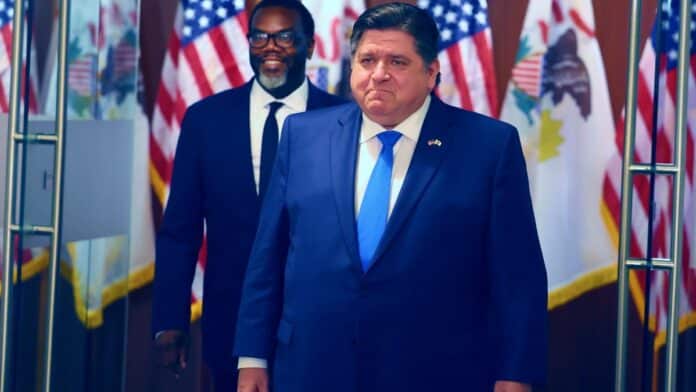Treasury Secretary Scott Bessent defended the Donald Trump administration’s decision to offer a $20 billion currency‑swap line to Argentina, responding sharply to criticism from Elizabeth Warren. Bessent accused Warren of holding “Peronist views,” referencing the ideology of former Argentinian leader Juan Perón, in his letter to the Senate Banking Committee.
Warren had urged the Treasury to explain why it was extending fresh financial support at a time when the U.S. government was facing a shutdown and domestic priorities went unmet. She introduced the “No Argentina Bailout Act” aiming to block the Treasury’s use of the Exchange Stabilization Fund for Argentina.
In his rebuttal, Bessent argued that the swap line was part of “mission‑critical efforts necessary to the discharge of the President’s constitutional duties — including national security and global financial stability.” He asserted that Warren’s critique stemmed from her preference for big‑government economic controls.












